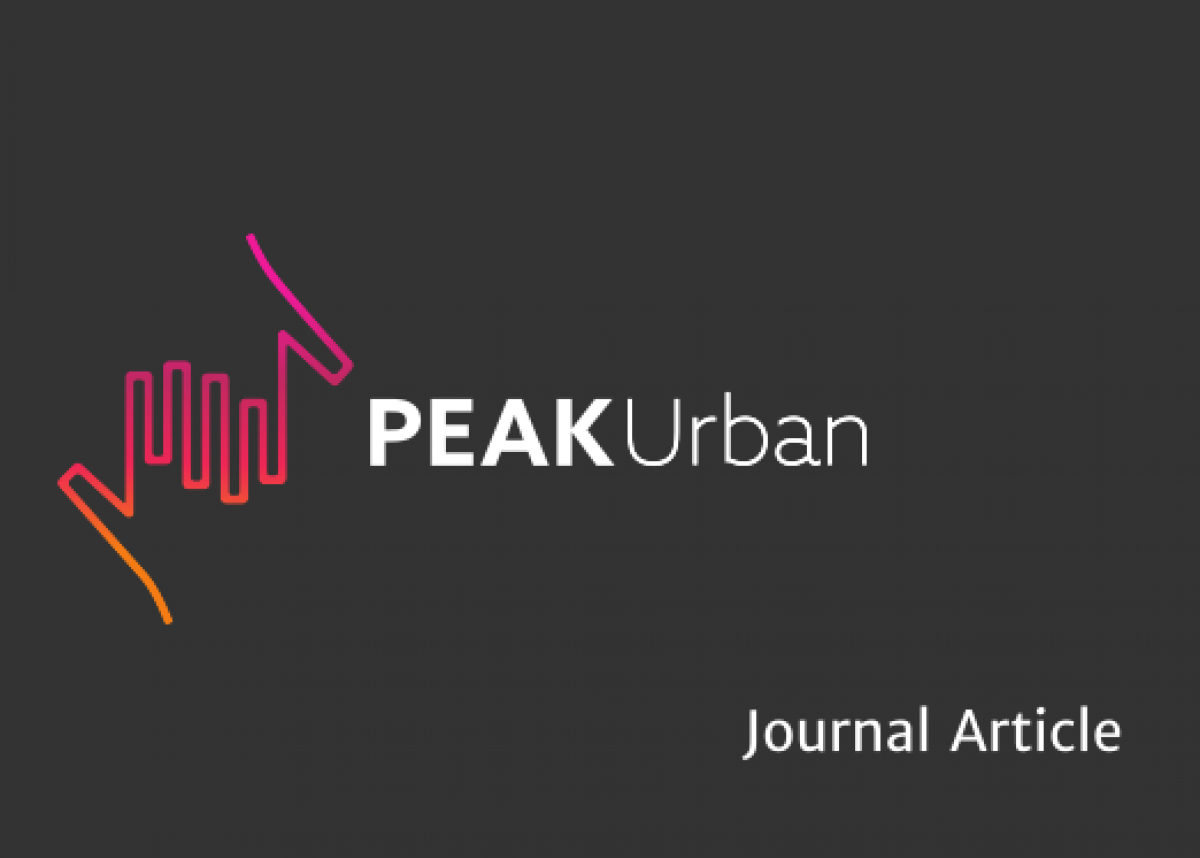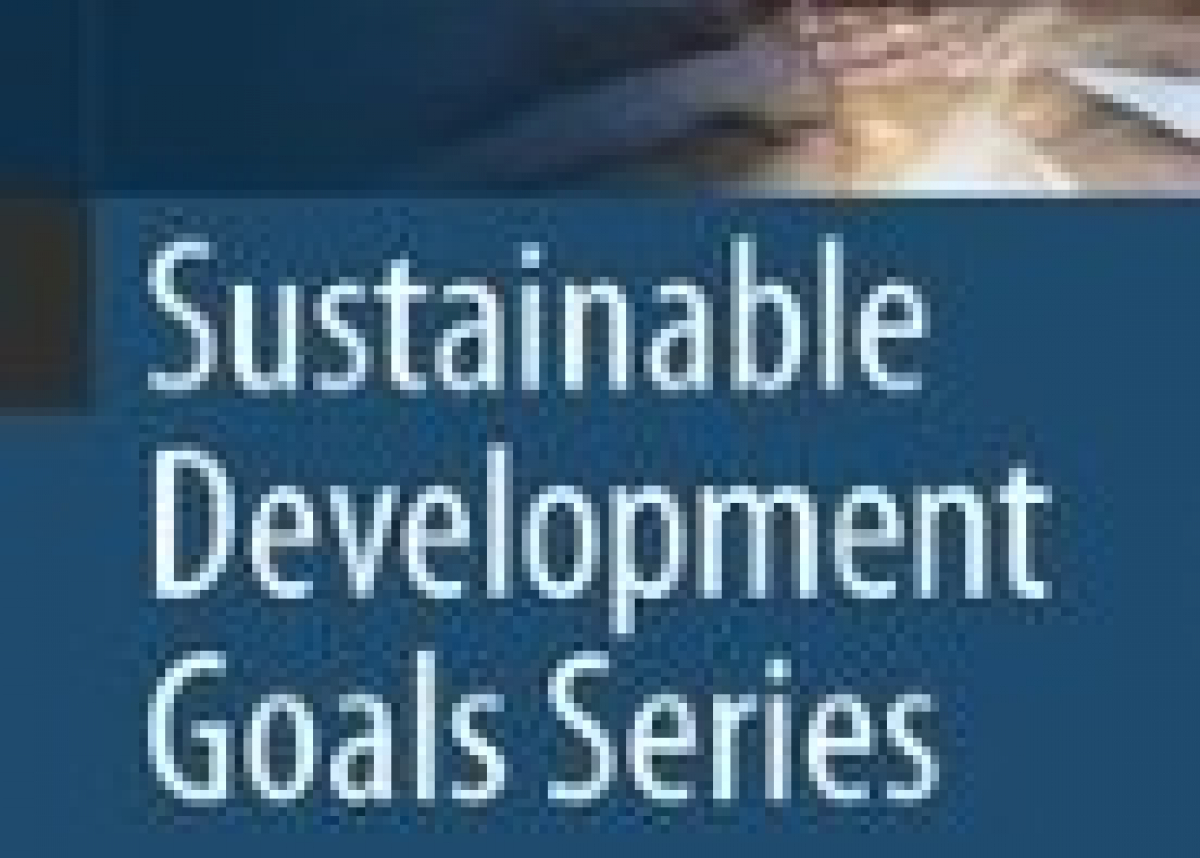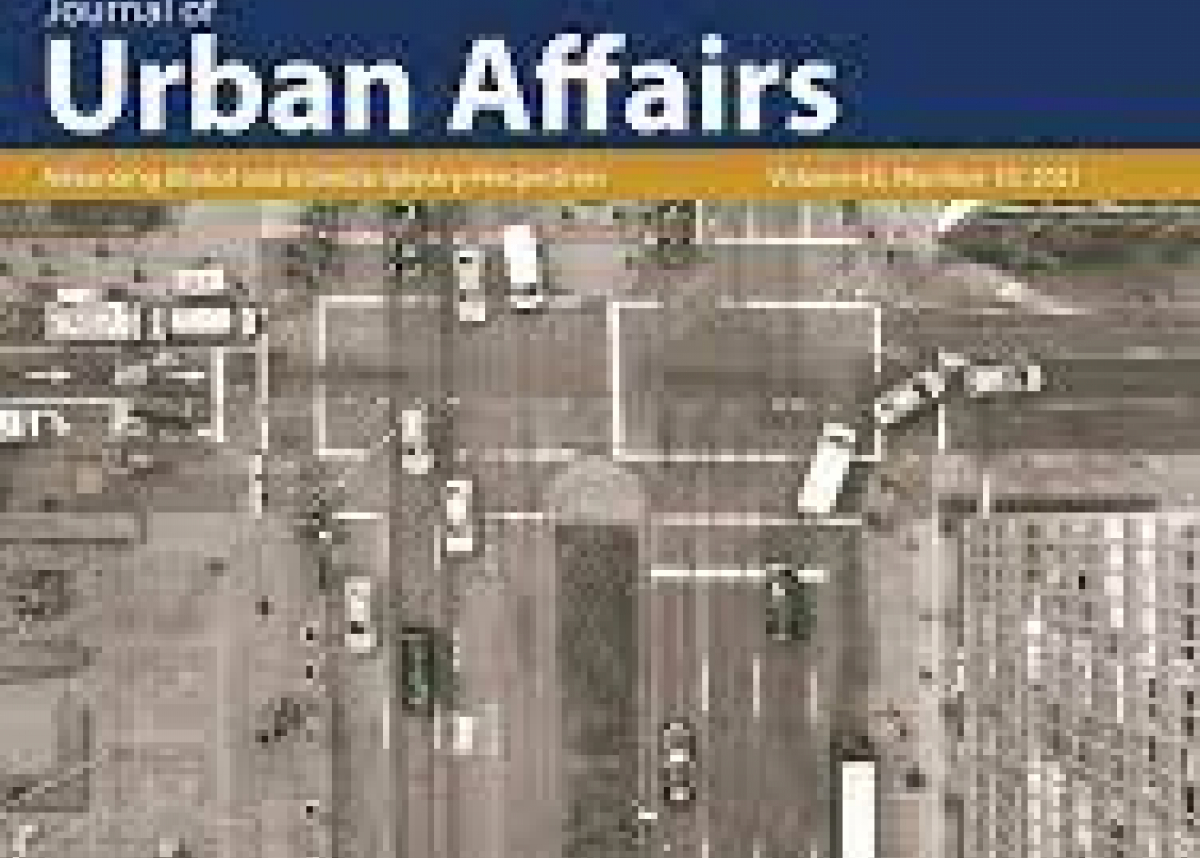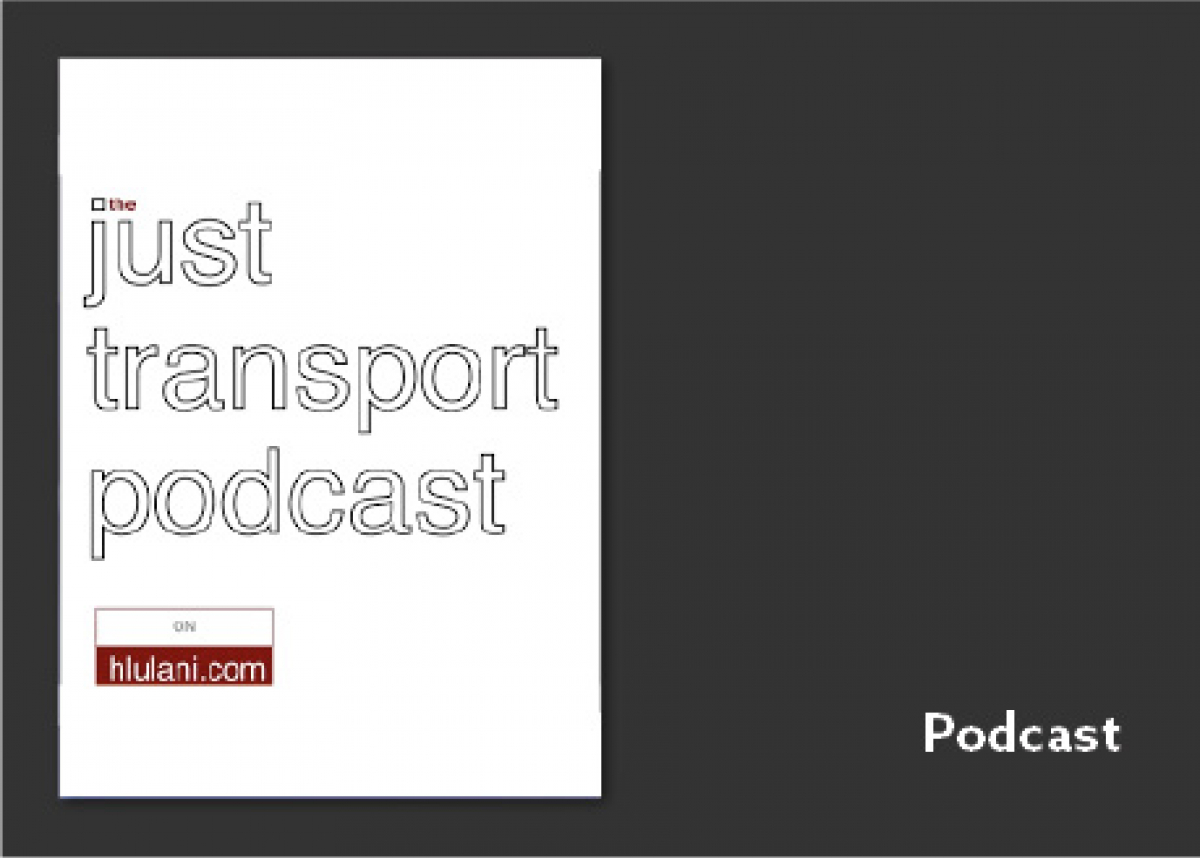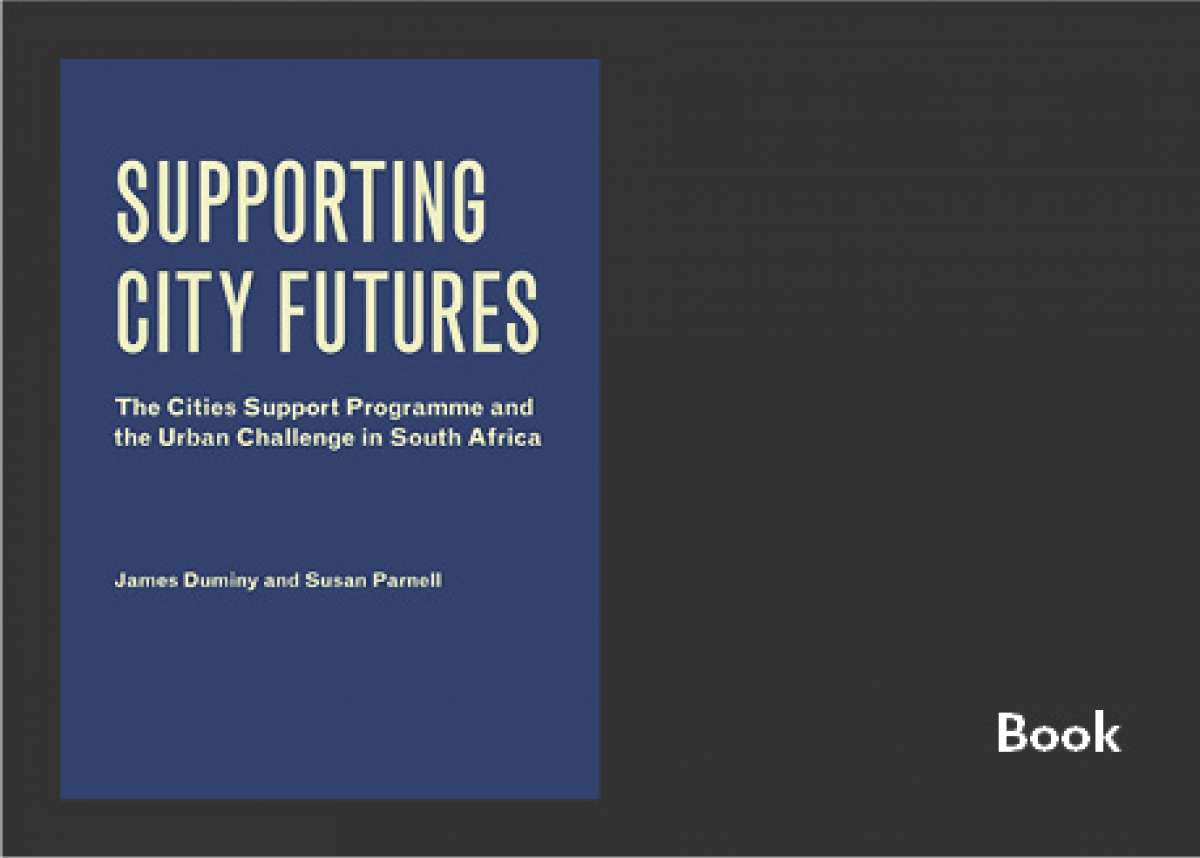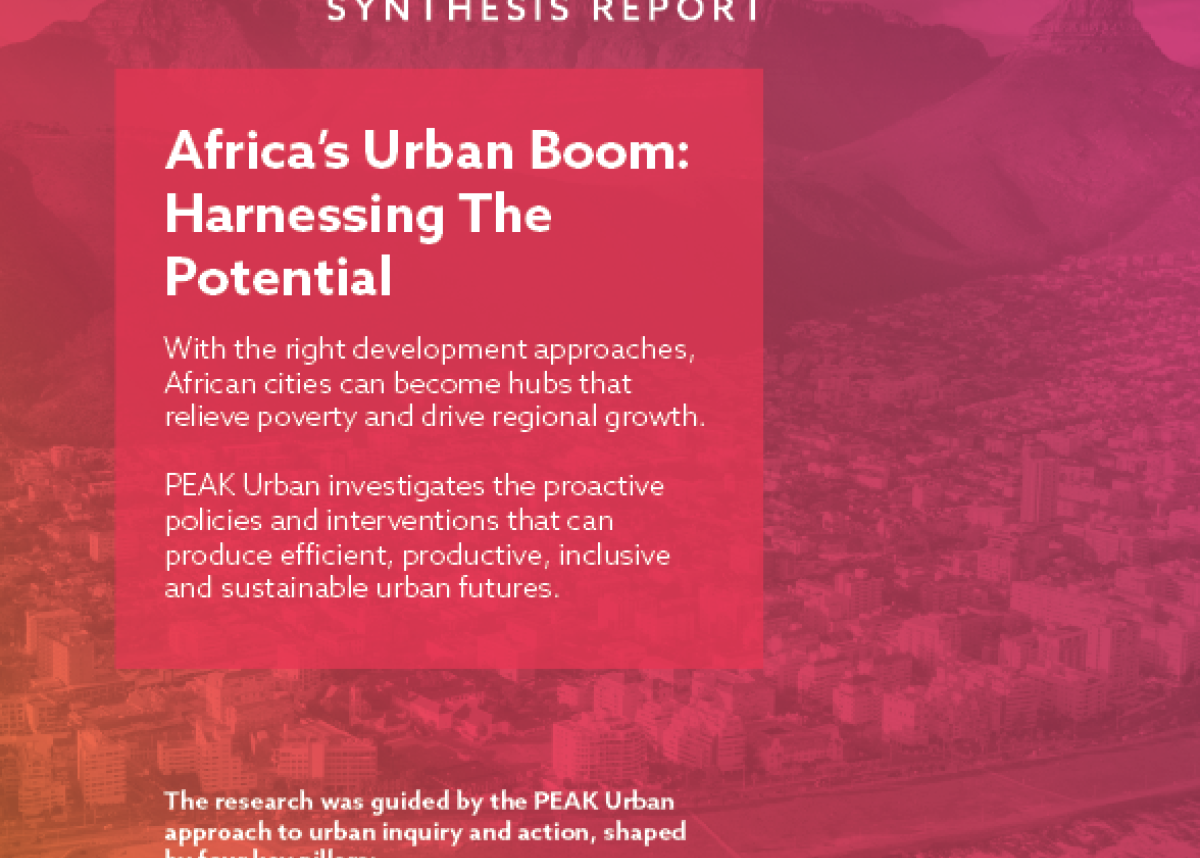
Urbanization in and for the Anthropocene
Key insights on needs in urban regional governance - Global urbanization (the increasing concentration in urban settlements of the increasing world population), is a driver and accelerator of shifts in diversity, new cross-scale interactions, decoupling from ecological processes, increasing risk and exposure to shocks.
Responding to the challenges of urbanization demands fresh commitments to a city–regional perspective in ways that are explictly embedded in the Anthopocene bio- techno- and noospheres, to extend existing understanding of the city–nature nexus and regional scale.
Three key dimensions of cities that constrain or enable constructive, cross scale responses to disturbances and extreme events include 1) shifting diversity, 2) shifting connectivity and modularity, and 3) shifting complexity.
These three dimensions are characteristic of current urban processes and offer potential intervention points for local to global action.
Elmqvist, T., Andersson, E., McPhearson, T. et al. Urbanization in and for the Anthropocene. npj Urban Sustain 1, 6 (2021). https://doi.org/10.1038/s42949-021-00018-w
